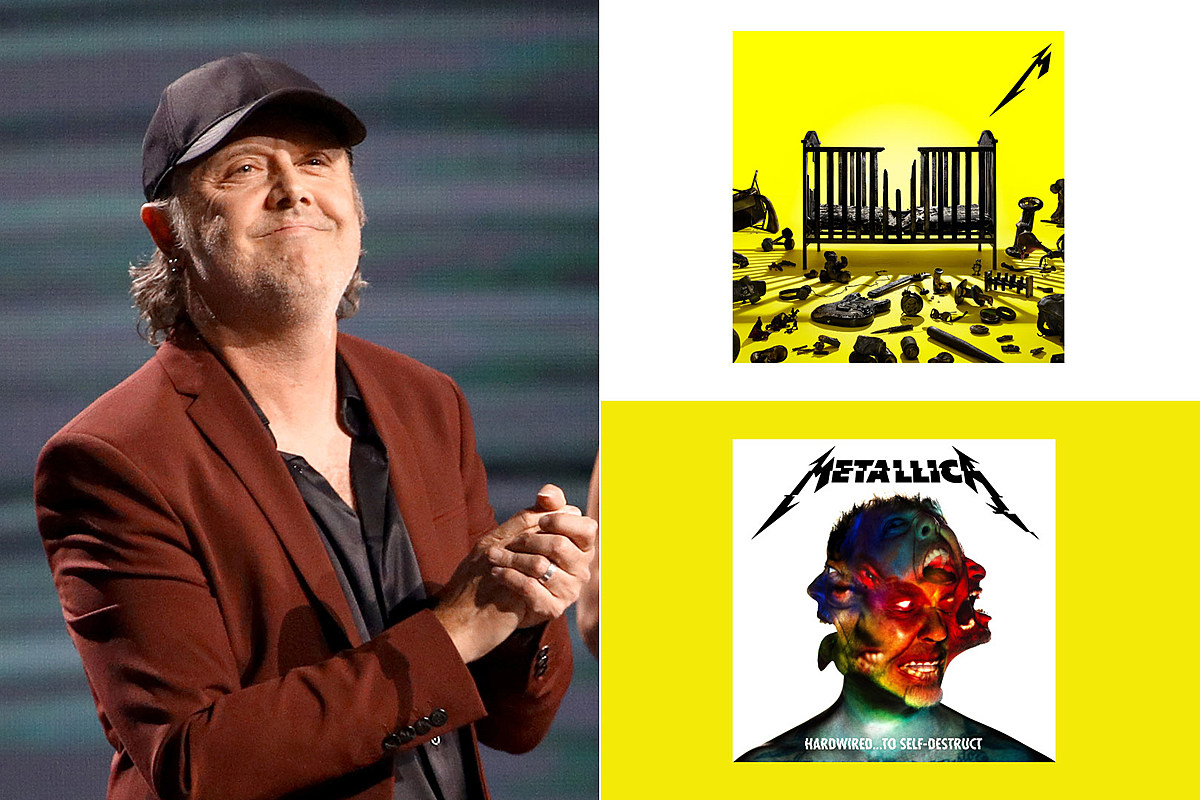
How long does an album have to be out before you can make a fair assessment on it? Metallica drummer Lars Ulrich has recently weighed in on the legacy of the band’s two most recent records, 72 Seasons and Hardwired … to Self-Destruct, during a chat with the the band’s So What? magazine.
Just like with many fans, there’s often what Ulrich describes as a “honeymoon period” with your most recent work, and the Metallica drummer feels he’s now past that when it comes to 72 Seasons.
“Now with 72 Seasons being out a couple, what, four or five months, the record’s still very fresh to me. I like what I’m hearing,” says Ulrich. “I don’t listen to it very often, but just six weeks ago, when we started the North American run in New York, there were a couple more songs that we wanted to learn. So I listened to those songs and listened to the record. I don’t think I’d heard it in six weeks, but it still sounded very fresh, weighty and cohesive,” revealed Ulrich in reflection.
He adds, “I’ve said this many times: there’s what I call the ‘honeymoon period,’ which is when you make a record and finish a record, you put that record in your back pocket, and then you go off into the world. And at some point, you listen to that record again, and at some point, you start having some questions about the choices that were made. [For] different records at different times, that honeymoon period can be short, can be long, whatever. So, four to five months later, I still don’t have a lot of questions. I’m happy with what I’m hearing, I’m appreciative, and I like the choices that were made.”
“The interesting thing about this record is also – and this kind of dawned upon me as I was doing interviews for 72 Seasons in the spring – that every record, through no choice of your own, is always related to the previous record. If you like the previous record, that affects where you’re going with the next record. If you don’t like the previous record, that affects where you’re going with the next record. So, in terms of the lineage of the records, the next record is always tethered to the previous record in some way, shape, or form.”
That then led him to Metallica’s previous record, Hardwired … to Self Destruct. Of that album, Ulrich reflected, “I have made no secret of the fact that Hardwired, certainly for the most part from ’16/’17 forward, has been a record that, in my ears, has aged really, really well. So, when we started the process of what became 72 Seasons, there was no radical attempt to alter the course forward because Hardwired felt like a really good jumping-off point.”
The drummer says the biggest difference in moving forward with 72 Seasons was that it was recorded during the pandemic lockdown, changing the parameters of how they could approach a new album. But even through the changes in approach, Ulrich says he’s good with how things turned out.
“In hindsight, now the record’s been out for five months, I’m happy with it. We’ve played eight of these songs live, [and they’re] super fun to play. I think all eight songs that we played live are connecting with the audience, with the fans, maybe a few of them slightly at a deeper level than others. We’re digging what we’re doing, and as I said, the easy way to sum it up is that there are no radical red flags,” says the drummer.
READ MORE: Metallica Albums Ranked
Would you agree with Ulrich’s assessment? Have you had enough time beyond your initial excitement of new Metallica music to levy a fair assessment of the 72 Seasons album? Do you feel Lars is correct in his comments on Hardwired “aging really, really well”? And as far as judging albums on a back-to-back basis, where would you rank Hardwired / 72 Seasons amongst the band’s output post their ’80s material? Drop your thoughts in the comments.
Metallica: A Photo Timeline of Their Remarkable Career
A photo timeline of Metallica’s career.
Gallery Credit: Lauryn Schaffner

 61
61